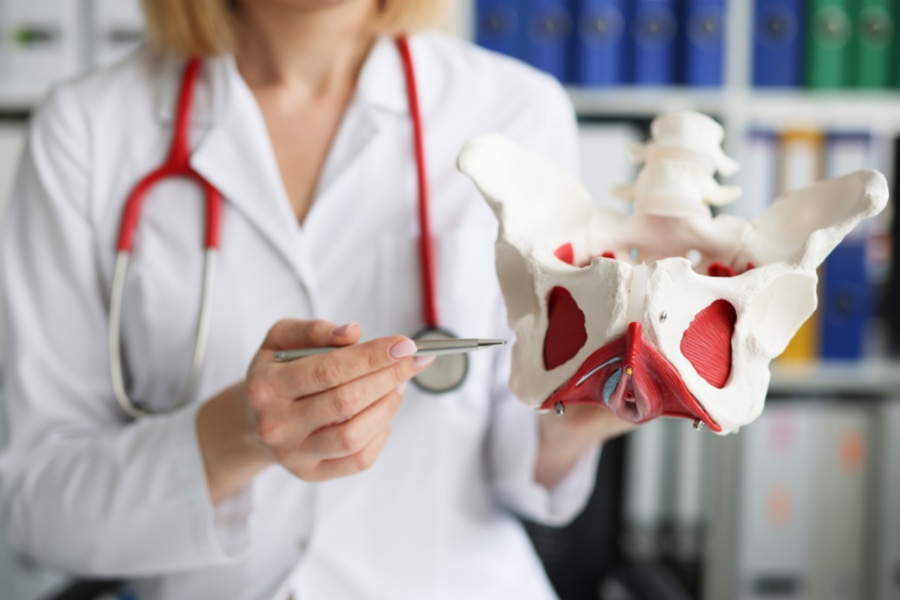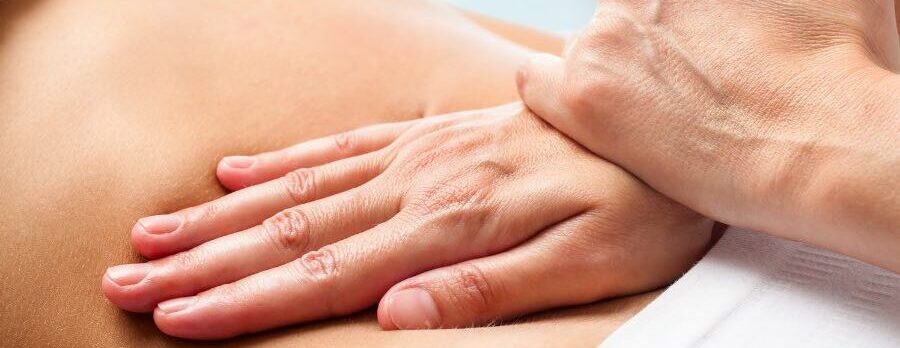Pelvic Floor Therapy

At HealthLinks Gippsland, some of our Practitioners have undertaken further study to become qualified to assess, diagnose and treat conditions related to the pelvic floor.
Osteopath Dr Michelle Derrick currently offers these services in our Sale, Traralgon and Trafalgar clinics.
Why Pelvic Floor Therapy?
One in three women who have had a baby have experienced bladder leakage or weakness, and as many as 50% of women after menopause suffer from some level of prolapse, according to the Continence Foundation of Australia. Studies also show that urinary incontinence is the most prevalent pelvic floor disorder that impacts people at any stage of life, not just women who have had children.
Pelvic Floor Therapy is an evidence-based treatment available to treat pelvic floor, bladder and bowel dysfunction, including both overactivation and weakness. This type of treatment can help people achieve better physical and mental health outcomes, and ultimately lead a more meaningful and fulfilled life, through a whole person approach.
How it works
Pelvic floor muscle training (PFMT) is highly evidence-based and therefore is the most recommended approach available to manage pelvic floor dysfunction. Like any other muscle group in the body, such as your biceps or hamstrings, the pelvic floor muscles can be trained, strengthened, lengthened and relaxed. By training the pelvic floor muscles that extend from your pubic bone at the front to your tailbone at the back, you improve the support for your pelvic organs, much the same as the water in the ocean supports and lifts a ship from underneath.
Our practitioners can help you get started with an individualised program and management plan to help your pelvic floor muscles improve.
What Can Pelvic Floor Therapy Help with?
- Pelvic Organ Prolapse
- Urinary incontinence, which may include increased frequency, urgency or nocturia
- Constipation
- Pelvic pain
- Painful intercourse
- Pre and post gynaecological surgery
- Vulva/Vestibulodynia/Vaginismus
- Post-partum assessment

Our Approach
- Education and advice
- Pelvic floor muscle assessment
- Internal and external treatment options
- Pelvic floor muscle training and exercise prescription
Special Discount for New Patients!
Save $20 off Your Initial Consultation*
*Terms and conditions apply
